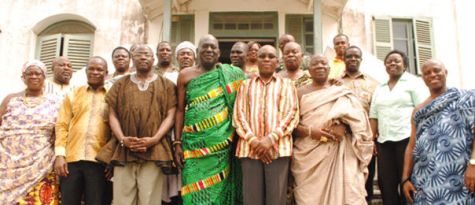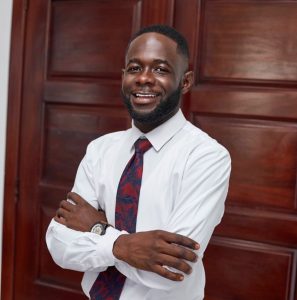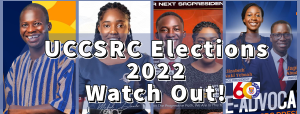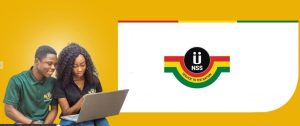 A ‘name’ is a term used for identification purposes (Wikipedia, the free encyclopedia). An Akan indigenous name is given to Akans.
A ‘name’ is a term used for identification purposes (Wikipedia, the free encyclopedia). An Akan indigenous name is given to Akans.
Akan is an indigenous ethnic group located in modern Ghana and they form about 47.5% of the population of Ghana, some of the major Akan group includes the Fante, Asante, Akyem and Akuapem.
The criteria for choosing a child’s name differ from one culture to another however; most Akans name a child after one week of being born to the family. The child is named during the traditional naming ceremony which is held at the father’s house. The name is chosen by the father and this is because he is the family head.
The father normally chooses the name for the child based on the particular day he or she was born and the other name(s) is/are chosen for the child from the extended family, this means that , the father can decide to name the child after any member of his family for instance a child born on Sunday can be given ‘Kwesi’ this because Kwesida in Fante means Sunday and if the Grandfather of the child is called ‘Nana’ then the child will be called ‘Nana Kwesi’.
Names are considered to be very important in the Akan ethnic group. This is because Akans hold the view that names have spiritual effects on the individual bearing the name. Non-Africans may refute this claim .let us examine a passage in the Bible where the names ‘Abram’ and ‘Sara’ were changed to ‘Abraham’ and ‘Sarah’ after God called Abram (Genesis 17).
This clearly shows the spiritual significance of a name to the Jews during the ancient time. Let us examine the spiritual significance of an Akan name; names like Donkoh, Kaya, Adakaasa and Ababio are given to children who die during child birth or shortly after child birth and are believed to have been reborn into the same family.
However, there has been a decline in the use of the Akan names and still others who use it blend it with foreign names like ‘John’,’peter’ etc and this is due to Cultural, Religious, and psychological colonialism which is commonly known in our local circles as ‘Modernisation’. The first European nation to reach the shores of Gold coast in 1471 was the Portuguese and last of them to leave Gold Coast after its independence in 1957 was The Great Britain and therefore colonisation of area occupied by the Akan started in the 15th century and ended in the 20th century. Slavery begun in the 1400’s and ended in 1800’s (about 400 years) and during those period, Akans were forced to accept foreign cultures and religion, i.e. dressing and most importantly European names.
Christian names like John, Paul, peter and the rest became the common names following the acceptance of Christianity by the Akans whiles names like Kojo, Osei, and Nana declined greatly and this is what I call ‘identity theft’. The worst of it is that our forebearers accepted these names without knowing it meaning and negative implications. Why not use Akan names like ‘Yeremiah’ (Jeremiah), ‘yona’ (Jonah), ‘josua’ (Joshua) , ‘yohane’ (John) ? Akans now consider their indigenous names as ‘outmoded’ and ‘local’ and foreign ones as ‘modern’ and therefore began to transform their names into so called ‘modernised’ ones i.e. ‘Bosompim’ became ‘Bosomfield’ and ‘Dua’ became ‘Woode’, what a clear ‘Mental slavery’!.
Akans now see their indigenous names as inferior to the foreign ones and this explain why Akans now see themselves inferior to the Europeans. We now see everything from the Europeans as ‘modernisation’ and ours as ‘ancient’ and if Akans continue these absurd practices, then their identity will be erased sooner than later.
Finally, if Akans want to prosper in freedom, then they should re-use their indigenous names, the names that brought up powerful people like Yaa Asantewaa, Okomfo Anokye, Obiri Yeboah and Asebu Amenfi.
References:
THE HOLY BIBLE (N.I.V)
WIKIPEDIA, THE FREE ENCYCLOPEDIA
RANDOM ORAL INTERVIEWS BY TEN PEOPLE IN CAPE COAST
NANA OSEI BONSU
STUDENT(LEVEL 300)
DEPT. OF ART AND SOCIAL SCIENCE EDUC.
UNIVERSITY OF CAPE COAST





